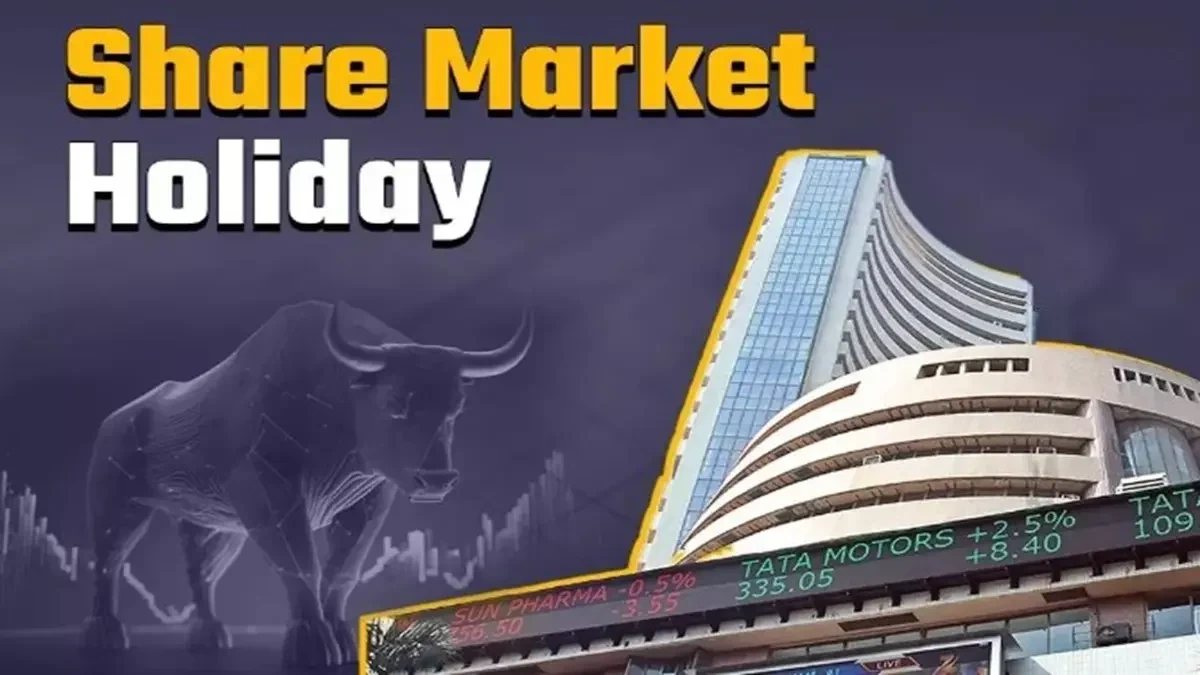Decoding Share Market Holidays | More Than Just a Day Off
Ever wondered why the share market takes a break? It’s not just about giving traders a day to relax (though, let’s be honest, they probably need it!). There’s actually a deeper rhythm to these market holidays , and understanding it can give you a serious edge as an investor. Here’s the thing: it’s not just about knowing when the market is closed; it’s about understanding why, and what it means for your portfolio. That’s what we’re diving into today.
Thank you for reading this post, don't forget to subscribe!The “Why” Behind the Break | A Historical Perspective
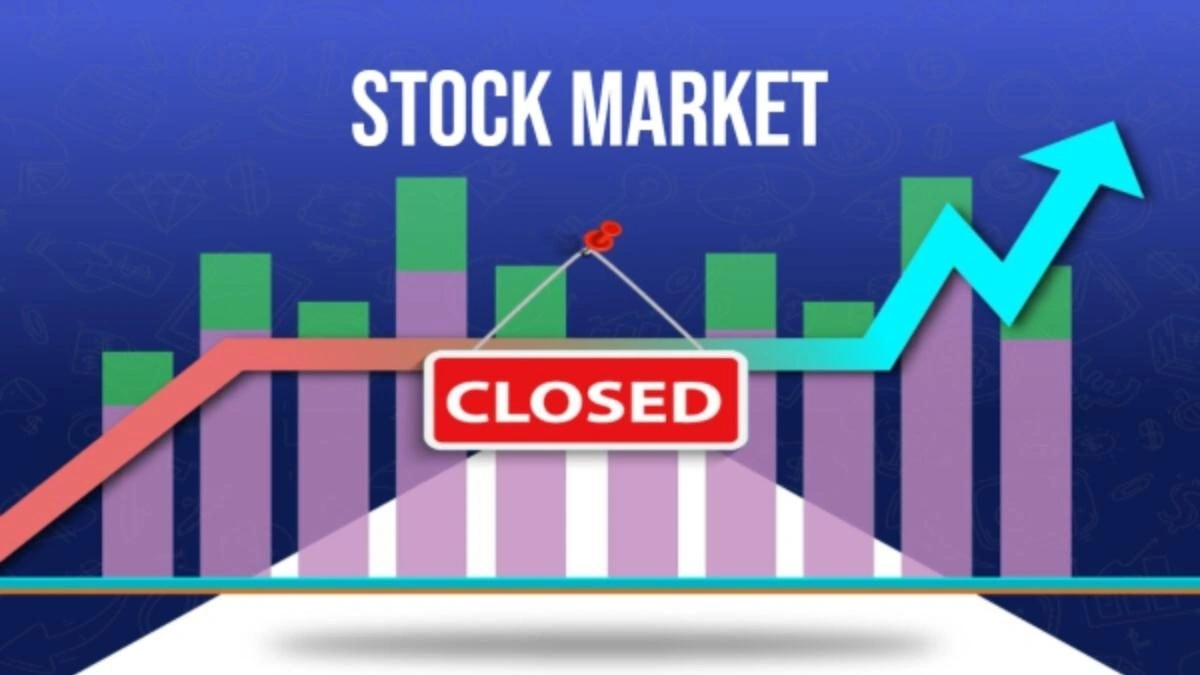
So, why does the Indian stock market even have holidays? Well, it’s a mix of tradition, regulation, and plain old practicality. Many holidays coincide with significant religious or national events. Diwali, Holi, Independence Day – these are days when the nation pauses, and the stock exchange follows suit. But it’s not just about honoring traditions. Let’s be honest, if it were purely about tradition, we’d probably have a lot more days off! The real reason is that the markets are deeply intertwined with the fabric of the nation, and therefore are directly affected by the morale, sentiment and participation of the nation’s citizens.
What fascinates me is how these holidays also provide crucial downtime for market infrastructure. Clearing houses, depositories, and other essential systems need time to reconcile trades, update records, and ensure smooth operations. Think of it like a computer reboot – sometimes, you just need to shut things down and start fresh to prevent glitches.
Planning Your Trades Around Exchange Holidays | A Practical Guide

Okay, so you know why holidays exist. Now, how do you actually use this information to your advantage? A common mistake I see people make is ignoring the holiday calendar altogether. They get caught off guard, miss crucial trading windows, and potentially lose out on opportunities.
First, mark your calendar! Both the BSE (Bombay Stock Exchange) and NSE (National Stock Exchange) publish their holiday calendars well in advance. You can usually find them on their respective websites.
Next, consider the impact of the holiday on market sentiment. Often, there’s a flurry of activity before a holiday as traders adjust their positions. And, sometimes, there’s a similar surge after the holiday as everyone rushes to catch up. Pay attention to these patterns and adjust your trading strategy accordingly. This is especially crucial for those involved in commodity derivatives trading, where global markets might be open even when Indian markets are closed. You can also check on the latest share market trends .
Beyond the Obvious | The Hidden Impact of Trading Holidays
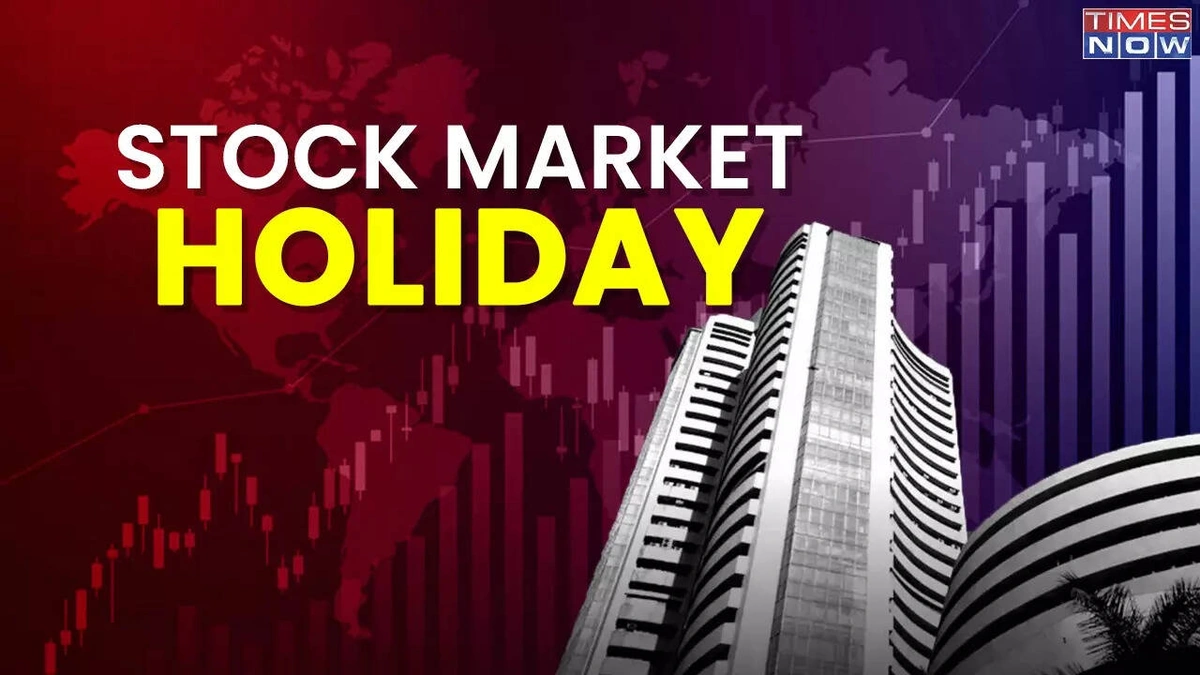
Let’s dive a little deeper. What are some of the less obvious implications of trading holidays ? For starters, consider the impact on liquidity. When the market is closed, there’s obviously no trading activity. This can create a liquidity squeeze, especially for certain stocks or derivatives contracts. If you’re holding a large position, be mindful of this risk. But, and this is important, it also creates a window of opportunity for those who are prepared!
Another key consideration is the potential for overnight news events to impact the market. If significant economic data is released or a major geopolitical event occurs while the Indian market is closed, it can lead to a volatile opening the next day. Stay informed and be ready to react quickly. Keep an eye on your economic calendar and global news feeds!
Share Market Holiday 2024 | What to Expect?

Looking ahead, what can we expect from the share market holiday 2024 calendar? While the exact dates will vary depending on the specific festivals and national holidays, you can generally anticipate a similar pattern to previous years. Major holidays like Republic Day, Holi, Diwali, and Christmas will likely result in market closures. Keep an eye on the official BSE and NSE websites for the definitive list.
But remember, it’s not just about the dates themselves. It’s about anticipating how the market will react around those dates. Will there be a pre-holiday rally? A post-holiday correction? These are the questions that savvy investors are asking themselves right now. And what about any unforeseen events? Well, that’s why staying informed is key. And of course, all this has to do with the securities market.
Speaking of staying informed, you can read more about stock market news here .
FAQ | Your Share Market Holiday Questions Answered
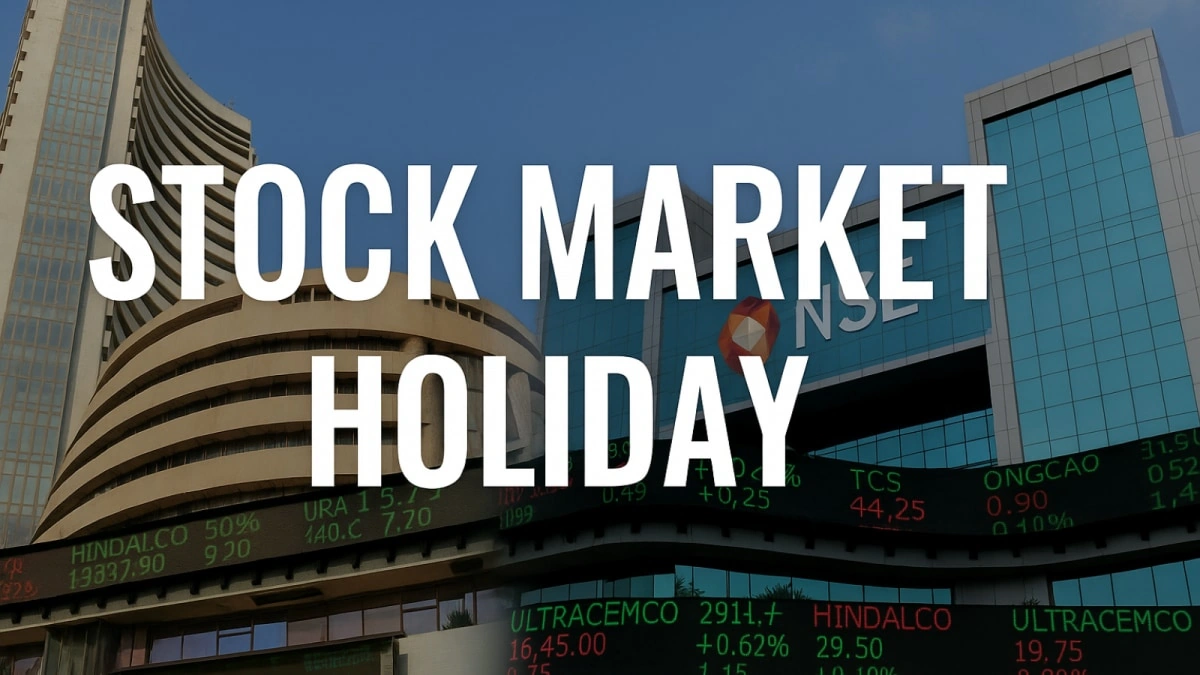
What happens to my open orders during a share market holiday?

Generally, any open orders you have will remain in place unless you cancel them. However, they won’t be executed until the market reopens.
Will my SIP (Systematic Investment Plan) be affected by a market holiday?
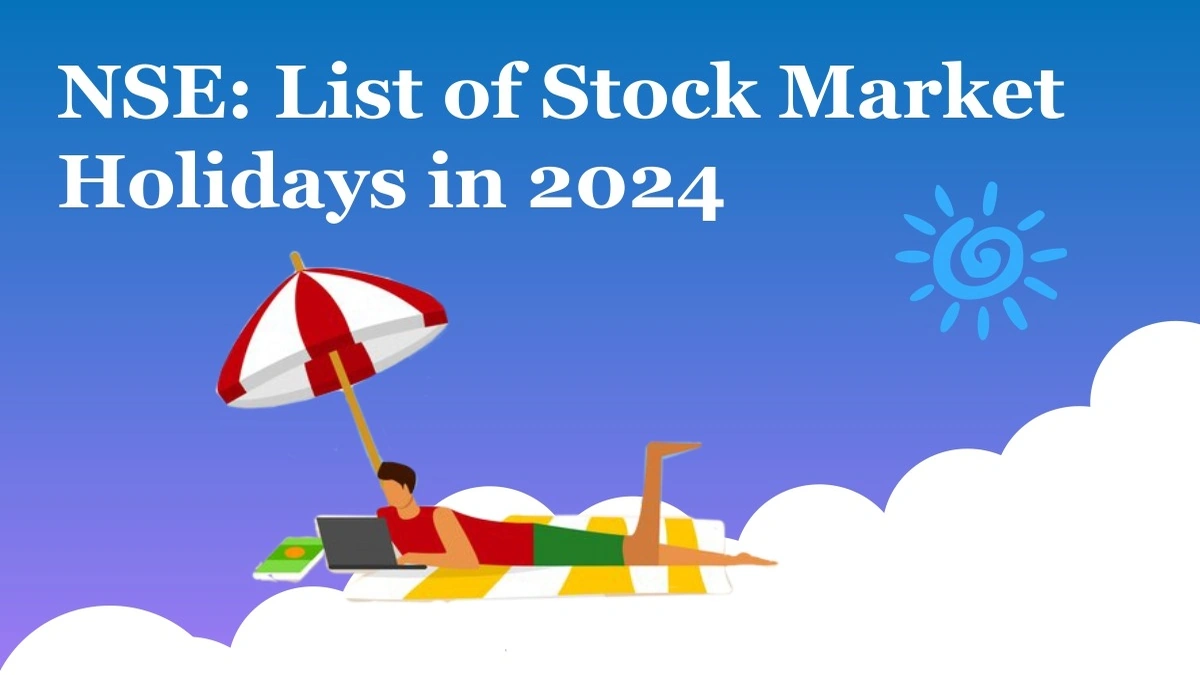
Yes, if your SIP date falls on a market holiday, it will typically be processed on the next trading day. Check with your broker for their specific policy.
Can I still trade in other markets when the Indian share market is closed?
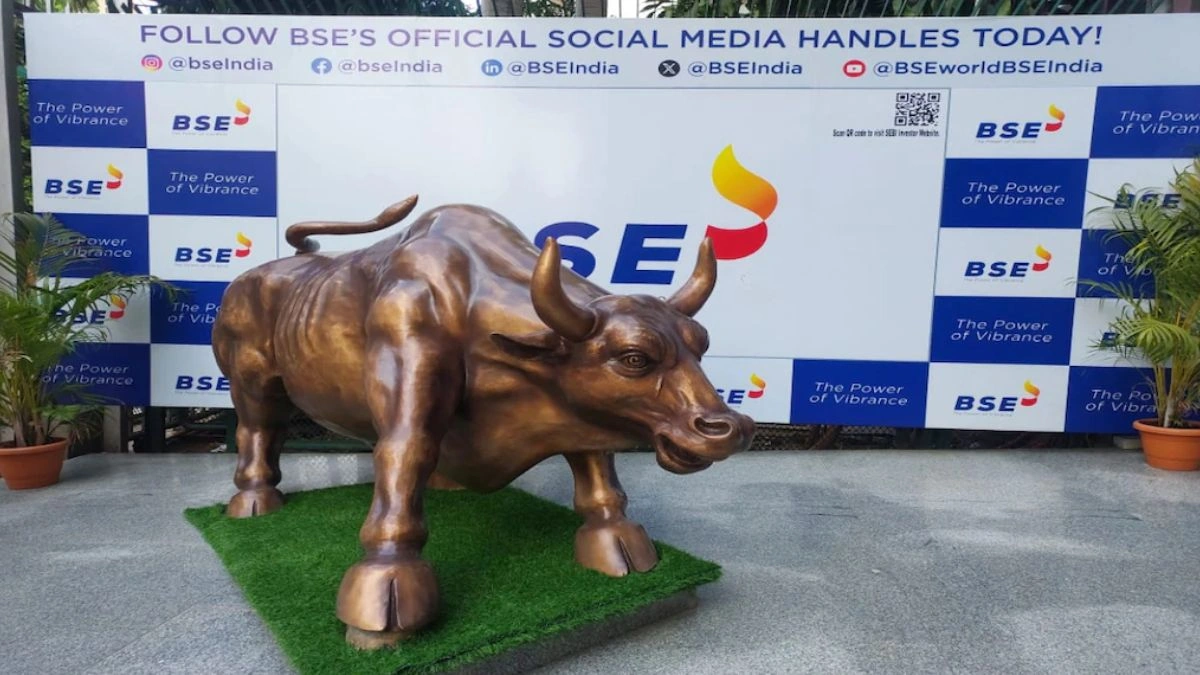
Absolutely! Many global markets remain open even when the Indian market is closed. This can be a good opportunity to diversify your trading activity, but be mindful of the increased risk due to the time difference. You could also look into commodity trading.
Where can I find the official share market holiday calendar?
The official holiday calendars are published on the websites of the BSE ( www.bseindia.com ) and NSE ( www.nseindia.com ).
Ultimately, understanding stock market holidays isn’t just about marking dates on a calendar. It’s about understanding the rhythm of the market, anticipating its reactions, and using that knowledge to make smarter investment decisions. So, next time you see a market holiday approaching, don’t just see it as a day off. See it as an opportunity to gain an edge. And don’t forget to consider the derivatives market!
